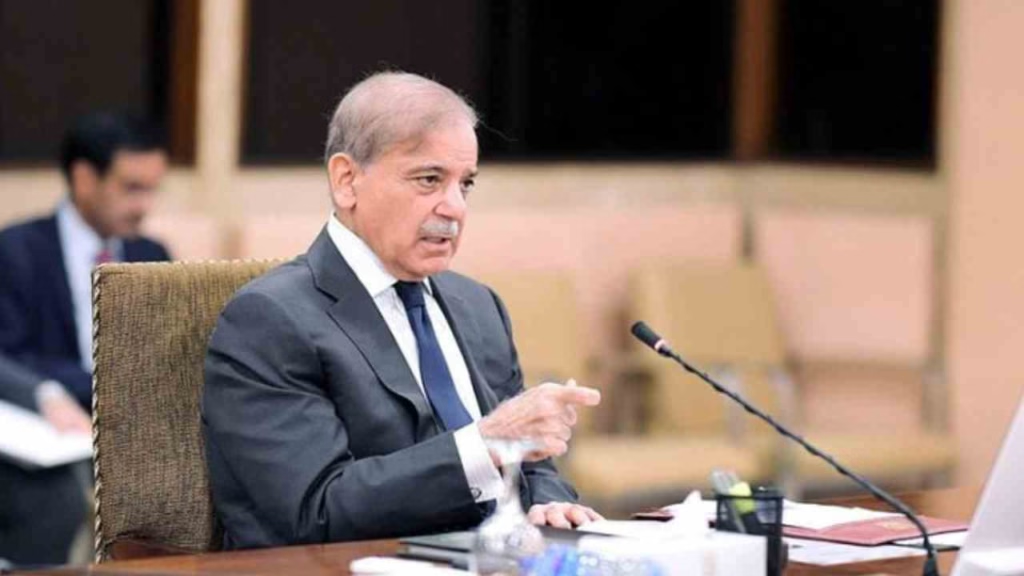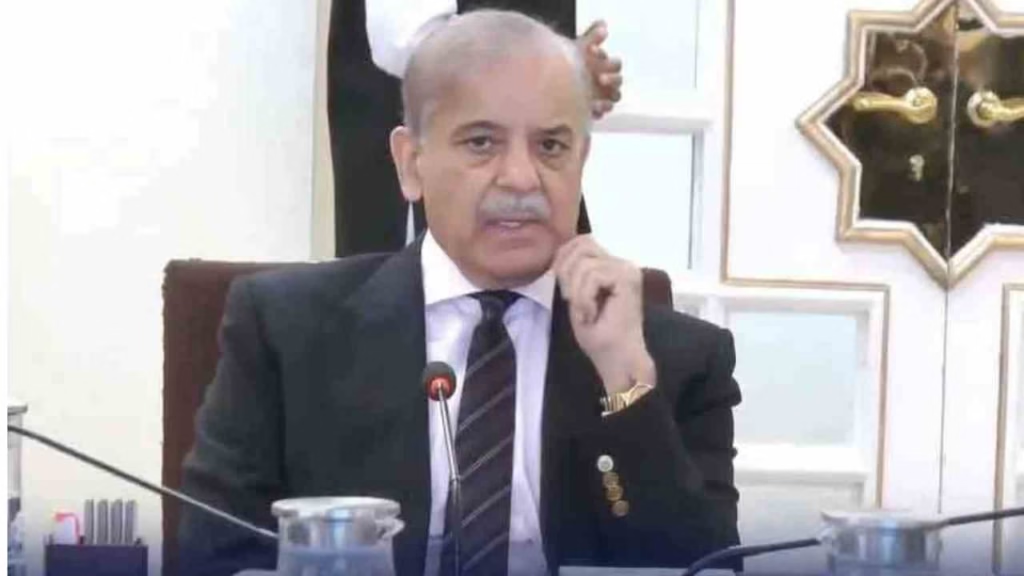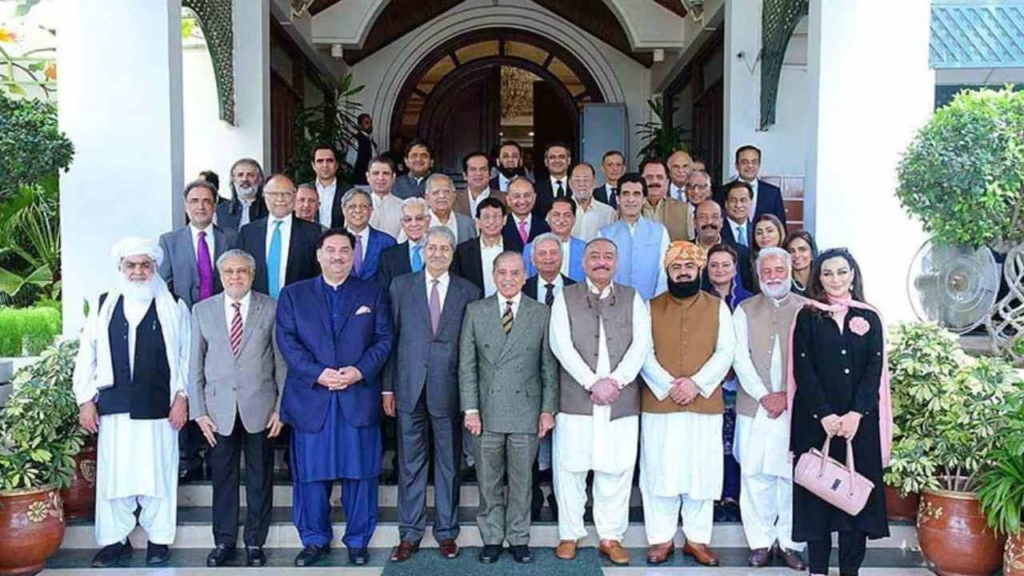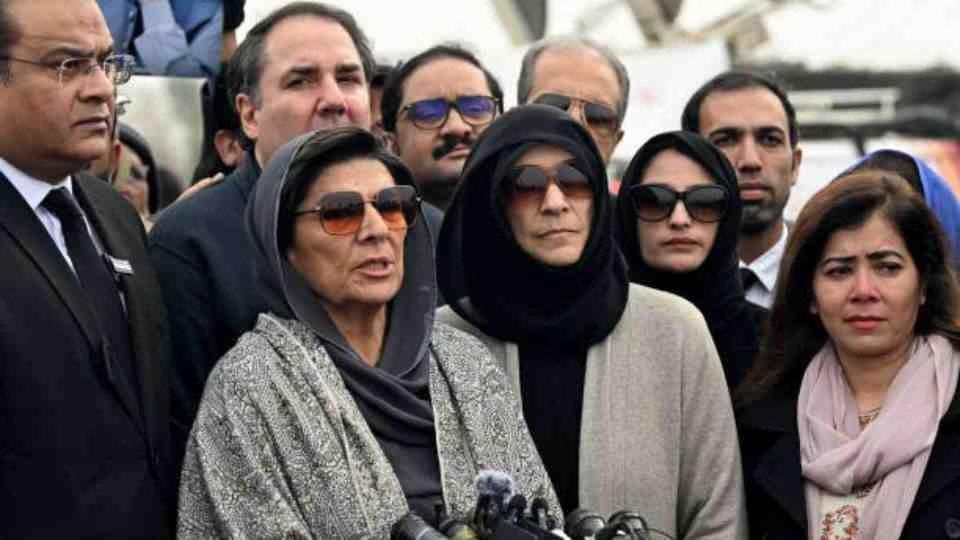Prime Minister Shehbaz Sharif led a federal cabinet meeting on Friday that resulted in several significant decisions, most notably the closure of the Utility Stores Corporation and comprehensive measures to tackle Pakistan’s devastating flood emergency.
Flood Response Takes Priority
The session opened with prayers for flood victims, as the Prime Minister acknowledged the dedication of ministers and federal secretaries who have been deployed to affected regions. Sharif stressed that recovery operations must transcend political boundaries, declaring that the government would remain actively engaged throughout the rehabilitation process.
The floods have claimed over 700 lives nationwide, with Khyber Pakhtunkhwa suffering more than 400 fatalities. The Prime Minister drew parallels to the catastrophic 2022 floods that severely impacted Sindh and Balochistan, with Sindh bearing the heaviest burden in the current crisis.

Sharif revealed his direct communication with Sindh Chief Minister Murad Ali Shah and Pakistan People’s Party Chairman Bilawal Bhutto Zardari following three days of torrential rain that devastated Karachi. He emphasized the overwhelming force of nature when massive boulders cascade down mountainsides with floodwaters, highlighting Pakistan’s growing climate vulnerabilities.
The National Disaster Management Authority has dispatched relief supplies to affected areas, with the Peshawar Corps commander providing direct oversight of operations, according to the Prime Minister.
Major Economic Restructuring
In a landmark decision, the cabinet voted unanimously to dissolve the Utility Stores Corporation, with operations ceasing on July 31. This closure will result in the termination of all USC employees, though the Prime Minister guaranteed that their rights would be protected under existing legal frameworks.
The cabinet also examined proposals to stabilize urea fertilizer prices, recognizing the critical need to reduce farming costs to enhance agricultural productivity. Additionally, preliminary approval was given to amendments to the Special Economic Zones Act 2012, designed to create a more attractive environment for investors and businesses.

“A robust industrial foundation will drive export growth and job creation,” Sharif stated, expressing optimism about Pakistan’s economic trajectory: “By Allah’s grace, our nation’s economy remains stable and continues developing.”
Infrastructure and Safety Concerns
The Prime Minister announced plans to address illegal construction along riverbanks and in high-risk areas of Gilgit-Baltistan, warning against compounding natural disasters with human negligence. He indicated that a meeting regarding hotel construction near waterways would be scheduled soon.
Additional Cabinet Actions
The meeting ratified several administrative matters, including decisions from the Economic Coordination Committee meeting of August 19, 2025, and outcomes from the Legislative Affairs Committee session held August 18, 2025. The National Economic Council’s annual report for fiscal year 2023-24 will be presented to parliament.
Notably, the Prime Minister rejected a proposal on medicine pricing, expressing dissatisfaction with recent pharmaceutical price increases.
International Relations
Concluding the session, Sharif discussed Pakistan’s relationship with China, noting that the recent visit by China’s foreign minister had strengthened bilateral ties. He announced his upcoming visit to China for crucial bilateral discussions and Shanghai Cooperation Organization meetings.
The cabinet meeting underscored the government’s dual focus on immediate disaster response and long-term economic restructuring, as Pakistan navigates both natural catastrophes and institutional reforms.






